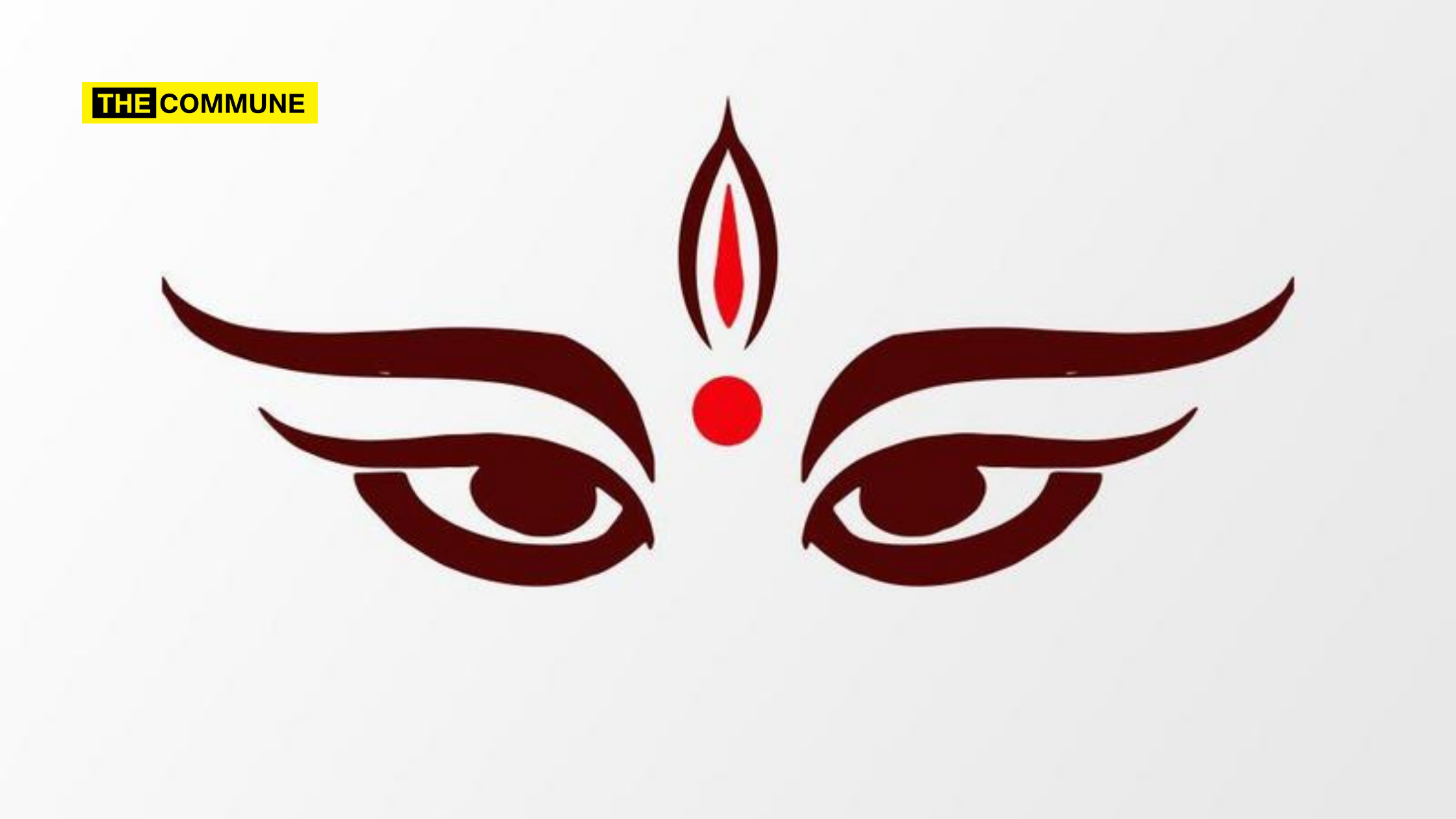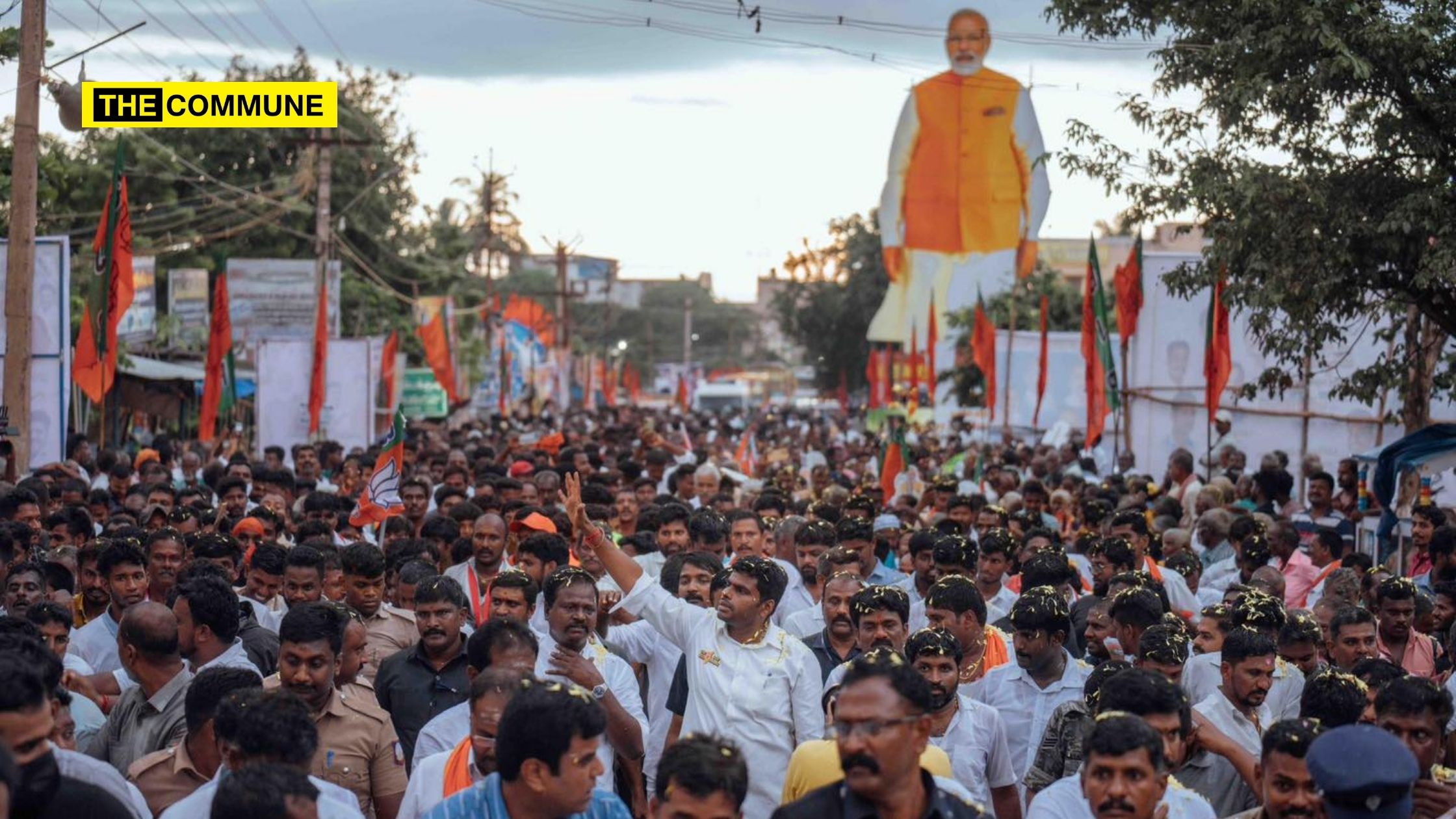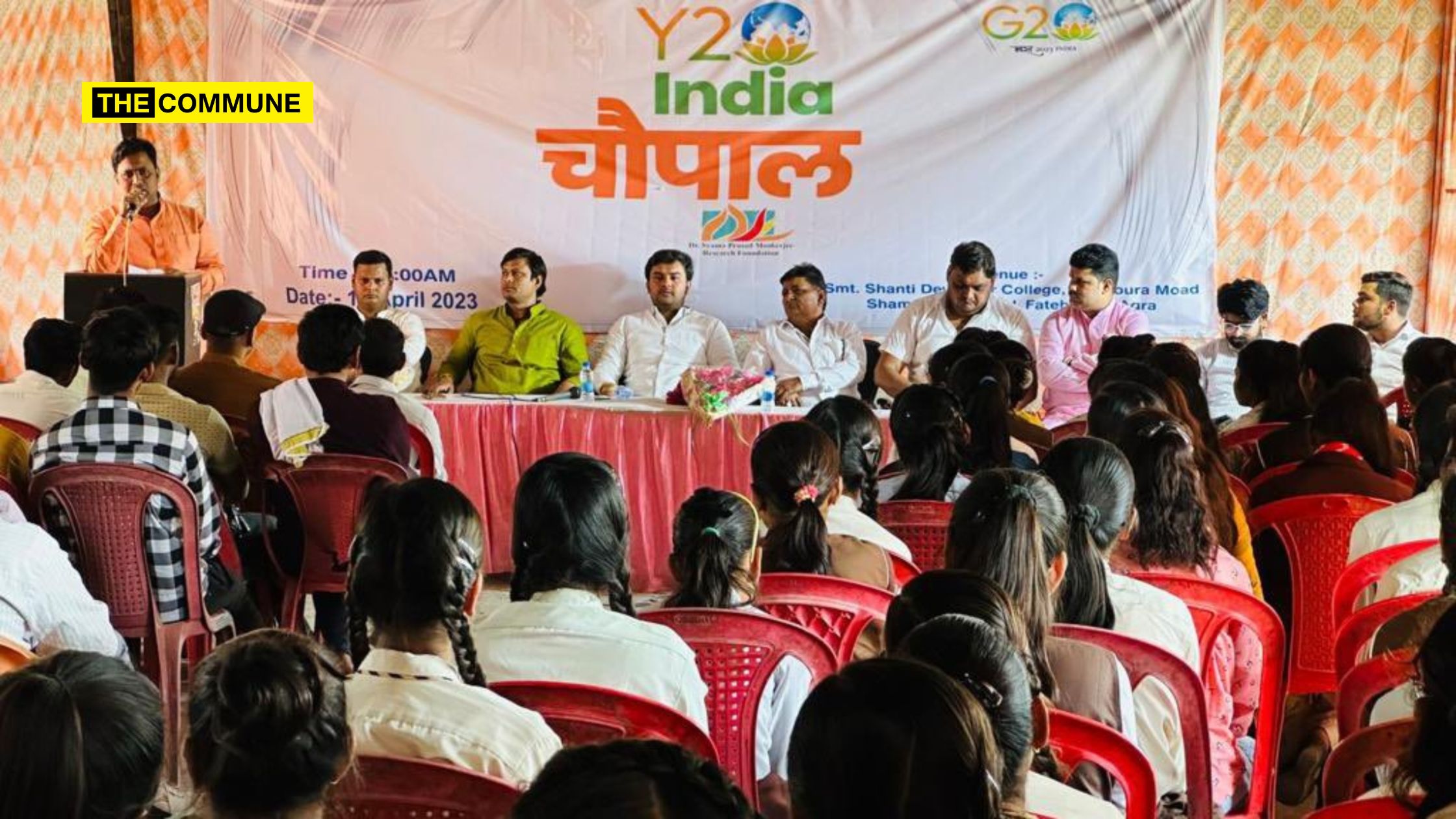
First and foremost, much of the discourse surrounding women’s liberation stems from Western ideologies, particularly among individuals educated in the West, where historical oppression of women was prevalent. For instance, Switzerland granted voting rights to women only in the 1960s.
Many modern proponents of women’s liberation often come from non-traditional family backgrounds, such as dysfunctional or single-parent households. Some espouse beliefs that view family obligations, children, and marriage as burdensome or oppressive.
In the 1970s and 1980s, Western television played a significant role in shaping societal norms, portraying the “ideal” family as comprising a father, mother, two children, and perhaps a pet, perpetuating the notion of the “happy family” archetype. This ideal often excluded extended family members, such as in-laws or relatives.
This portrayal served the interests of big business, as smaller families meant increased consumption of household goods. Thus, the promotion of nuclear families over joint families became advantageous for economic reasons.
Certain feminist movements even associated menstruation with impurity, a stark contrast to cultural practices in regions like South India, where a woman’s coming-of-age is celebrated as a grand occasion, second only to her wedding. Traditionally, during menstruation, women were given a break from household chores and pampered by other women, acknowledging the importance of rest and rejuvenation.
Unfortunately, some activists perpetuated the belief that only paid employment constitutes legitimate work, thereby diminishing the value of homemaking and caregiving roles. This coincided with the introduction of sanitary napkins in the Indian market, transforming a natural process into a commercial opportunity while perpetuating notions of female impurity and oppression.
As a result, women found themselves juggling multiple responsibilities, including work outside the home, domestic duties, and managing biological stress, all under the guise of modernity and empowerment.
It is essential for all women, regardless of their employment status, to have dedicated rest periods, akin to maternal leave, to prioritize their physical and emotional well-being.
Furthermore, there has been a push towards promoting alternative family structures, such as single-parent households, labeled as “proton families,” influenced by Western ideals and economic interests.
Hindu mythology celebrates powerful goddesses such as Durga, Lakshmi, Saraswati, and Kali, embodying strength, wisdom, and transformative energy. By drawing inspiration from these divine feminine figures, women can find empowerment within their cultural and spiritual roots
Sathya Narayanan is a freelance writer and businessman.
Subscribe to our channels on Telegram, WhatsApp, and Instagram and get the best stories of the day delivered to you personally.




